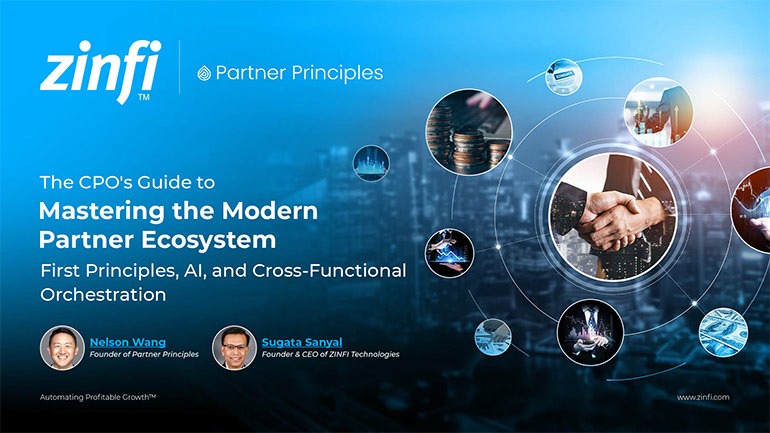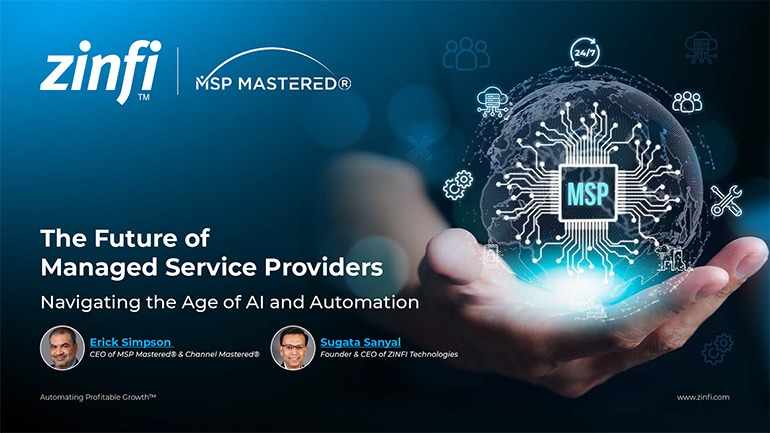Best Practices Articles

Five Stages of Lead Management
Lead management is one of the top marketing keywords that is searched on Google every day, which is a clear indication of the huge and growing amount of interest in the topic. Are we clear on what lead management means? Basically, lead management is an organized way of generating, distributing and managing contacts with potential prospects, and engaging with those prospects to identify or generate an opportunity for a sales team to pursue. Lead management is one of the most important business functions, bridging both marketing and sales, through a combination of people, process and automation.
Just like a fish out of water, a lead has a specific and limited lifetime. Once a lead has appeared, it needs to be nurtured, managed and closed systematically. A typical lead management system will allow an organization to manage five critical phases of the lead life cycle, as follows:
- Lead Generation - Content marketing has displaced the old model of telemarketing to generate leads. Today’s marketers know that buyers search online and, by the time they contact a vendor, they have a very clear idea about what they are looking for. This is the precise point where the first step along the path of systematic lead management, using an integrated approach to lead generation, must be taken. Integrated tactics like social marketing, search marketing, email marketing, direct mail marketing, and online banner ads, are all critical methods of generating awareness and create a solid foundation for inbound marketing. If you combine inbound marketing with outbound telemarketing towards your installed base of existing customers and interested prospects, you can exponentially increase the effectiveness of your lead generation efforts.
- Lead Distribution - With leads in the pipeline and interest from prospective buyers, the next key step in lead management is lead distribution. I can’t emphasize how essential it is to have an automated mechanism for lead scoring and distribution. Not all leads are ready for sales contact, so either they need to be nurtured further (please see Point 3, below) before being handed to an inside or outside sales rep or, in the case of channel-based organization, must be distributed to the right channel partner. This is where a rule-based lead distribution engine comes in. Any state-of-the-art channel marketing automation platform should be able to distribute a set of leads to a group of partners based on various criteria, such as partner type, partner location, partner competencies, or interested buyers’ segment, e.g., SMB, mid market, enterprise, vertical or geography.
- Lead Nurturing - Another critical component of lead management is lead nurturing and scoring. A marketing automation platform should be able to automatically create a multi-touch engagement with a potential buyer based on their purchase behavior. A prospective buyer’s online persona should be scored in a systematic way, and appropriate sales people (whether internal captive or external partner-based sales reps) should be alerted when a lead is ready for contact. This systematic approach towards lead nurturing is critical to drive sales efficiency, increase closure rate and build the reputation of an organization as a responsive provider in their marketplace.
- Lead to Opportunity Creation– Once a marketing-qualified lead has been converted to a sales-qualified lead, the next big step is to develop the opportunity. This is the moment for exact deployment and fit analysis. This is a critical sales step, and also an essential part of the lead management process. Most existing CRM systems provide an effective way of tracking and managing opportunities, but they aren’t designed with the channel in mind. If you are selling through the channel, make sure that you use a Partner Relationship Management platform that can drive opportunity creation and management through the channel in a dynamic and distributed fashion.
- Lead Management Analytics - Last but not least: the most important step in lead management is to integrate the marketing and sales processes seamlessly, via a dynamic analytical engine that allows you to see clearly how effective your marketing is, how well your messages are aligned across multiple market segments to drive better engagement and conversion, and the steps you need to take to improve the efficacy of your sales programs and campaigns.
At first sight this list may seem like too much to handle for an organization that hasn’t yet implemented automated lead management processes. However, it is not that difficult if you deploy lead management systems in simple automated processes, step by step. The key is to select a marketing automation platform (for a direct sales organization) or a channel marketing automation platform (for an indirect sales organization) that allows you to roll the system out over a few quarters. Rome wasn’t built in a day, and this definitely applies to your state-of-the-art lead management system. But by taking the first step towards automated lead management, and identifying a reliable automation vendor to partner with, you can not only increase your sales, but also substantially reduce your marketing and sales costs.
I would love to hear from you where you think your organization is and what challenges you have faced to either deploys or to plan a deployment of a state-of-the-art lead management process. Thank you for continuing the conversation!
Best Practices Guides
 First Principles Drive Modern Partner Ecosystem Success Best Practices
First Principles Drive Modern Partner Ecosystem Success Best PracticesDownload for FREE
 The Future of Managed Service Providers: Navigating the Age of AI and Automation
The Future of Managed Service Providers: Navigating the Age of AI and AutomationDownload for FREE
 Modernizing Channel Marketing: AI and Ecosystem Enablement Best Practices
Modernizing Channel Marketing: AI and Ecosystem Enablement Best PracticesDownload for FREE
 The Channel’s Shift to Partner-Led With AI Best Practices
The Channel’s Shift to Partner-Led With AI Best PracticesDownload for FREE
 Hyperscalers, ISVs, and AI: Shaping the Future of B2B Software Distribution
Hyperscalers, ISVs, and AI: Shaping the Future of B2B Software DistributionDownload for FREE
 Definitive Guide to a Partner Ecosystem-First Sales Strategy
Definitive Guide to a Partner Ecosystem-First Sales StrategyDownload for FREE
 The Partner-Led Digital and AI Transformation Best Practices
The Partner-Led Digital and AI Transformation Best PracticesDownload for FREE
 Startup Talent Recruitment: Hiring Missionaries, Not Mercenaries
Startup Talent Recruitment: Hiring Missionaries, Not MercenariesDownload for FREE
 The Future of Partner Relationship Management with AI in Partnerships
The Future of Partner Relationship Management with AI in PartnershipsDownload for FREE
 Cybersecurity for the 99%: Strategies from the Frontline
Cybersecurity for the 99%: Strategies from the FrontlineDownload for FREE
 Mastering Partner Relationships: A Strategic Approach to Business Growth
Mastering Partner Relationships: A Strategic Approach to Business GrowthDownload for FREE
 Mastering Partner Relationship Management: Keys to SaaS Channel Success
Mastering Partner Relationship Management: Keys to SaaS Channel SuccessDownload for FREE